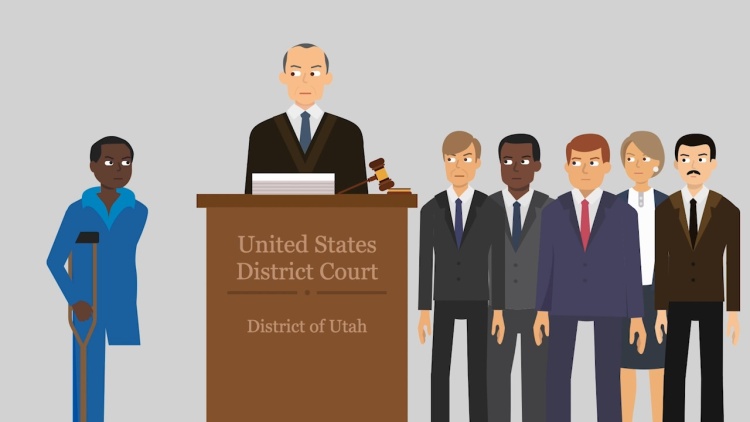Sullivan v. Scoular Grain Co. of Utah
Utah Supreme Court
853 P.2d 877 (1993)
- Written by Craig Conway, LLM
Facts
Kenneth Sullivan (plaintiff) lost his left arm and leg in an accident on the railroad tracks as he uploaded grain from rail cars into warehouses. Sullivan filed suit in federal district court against his employers Scoular Grain Company of Utah, Freeport Center Associates, and Scoular Grain Company (the Scoular Parties) as well as Union Pacific Railroad Company, Denver & Rio Grande Western Railroad Company, Oregon Short Line Railroad Company, Utah Power & Light Company, Trackmobile, Inc. (Trackmobile), and G.W. Van Keppel Company (defendants). The district court found that the Scoular Parties were immune from suit under the exclusive remedy provision of the state’s workers compensation law and dismissed them from the action. The court further found that Denver & Rio Grande Western Railroad had no legal duty to Sullivan and dismissed it from the suit. Trackmobile moved to have the jury apportion and compare the fault of all originally-named defendants, including the Scoular Parties. Sullivan argued that only the fault of the parties who are defendants at trial may be apportioned. The district court certified a question for consideration by the Utah Supreme Court, namely whether under the state’s comparative fault law a jury may apportion the fault of the Scoular Parties that contributed to the accident even though the employers are immune from suit under the state’s workers compensation law.
Rule of Law
Issue
Holding and Reasoning (Durham, J.)
What to do next…
Here's why 899,000 law students have relied on our case briefs:
- Written by law professors and practitioners, not other law students. 47,000 briefs, keyed to 994 casebooks. Top-notch customer support.
- The right amount of information, includes the facts, issues, rule of law, holding and reasoning, and any concurrences and dissents.
- Access in your classes, works on your mobile and tablet. Massive library of related video lessons and high quality multiple-choice questions.
- Easy to use, uniform format for every case brief. Written in plain English, not in legalese. Our briefs summarize and simplify; they don’t just repeat the court’s language.






